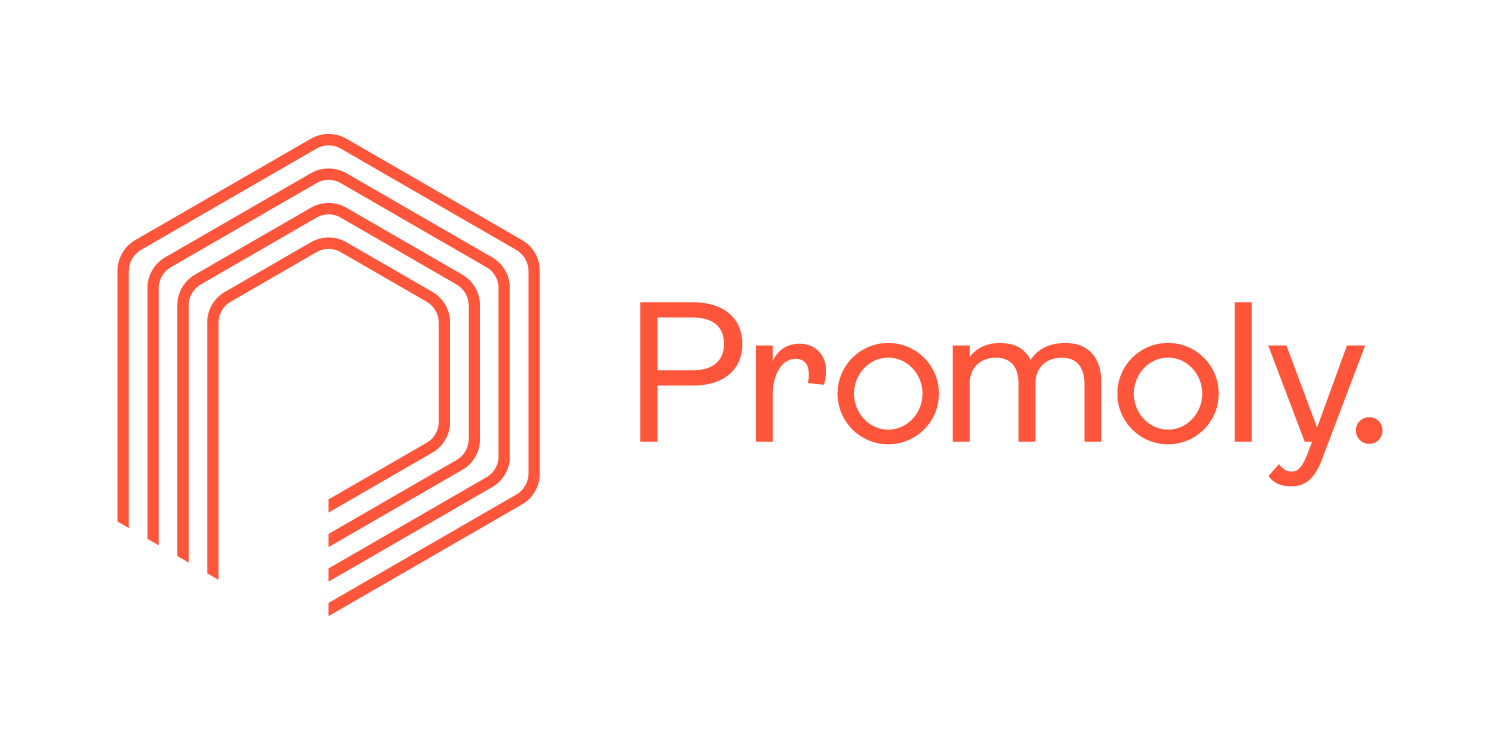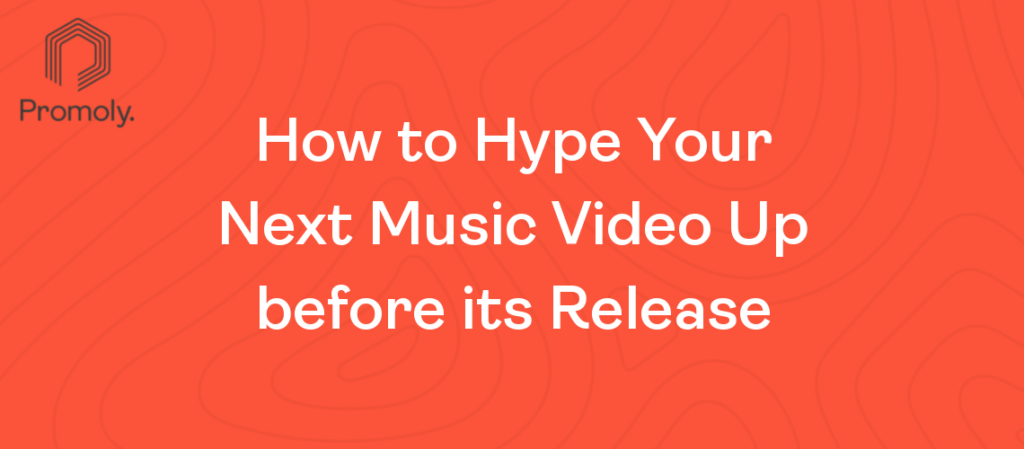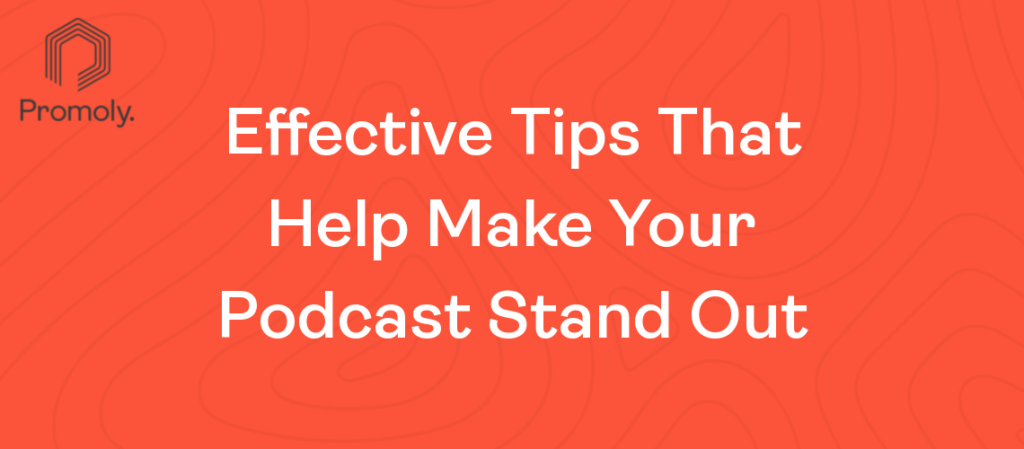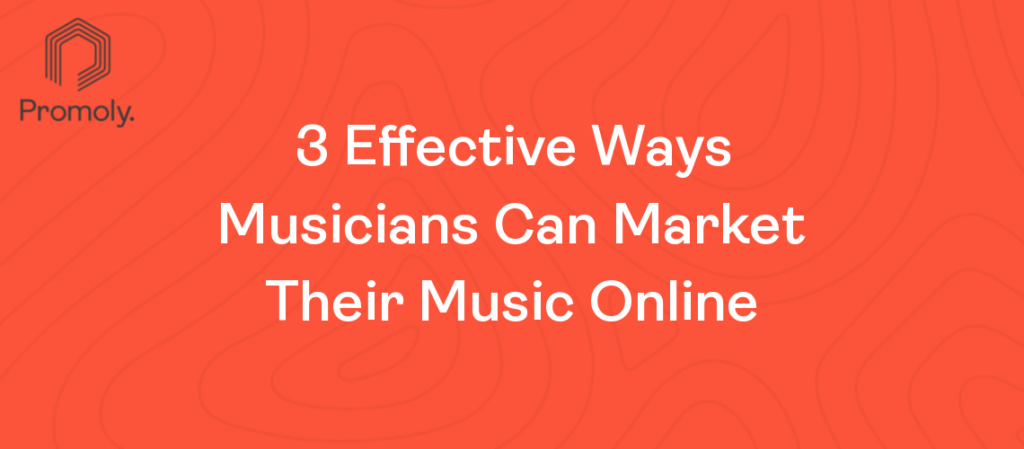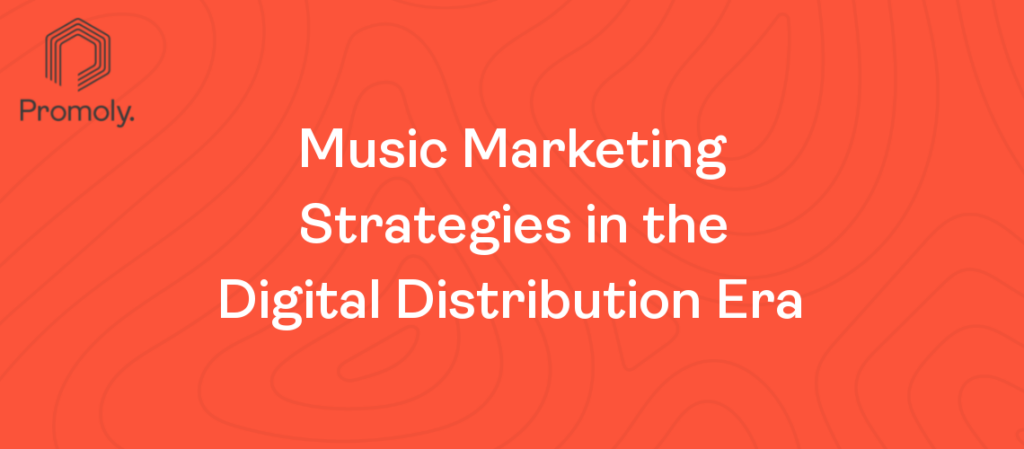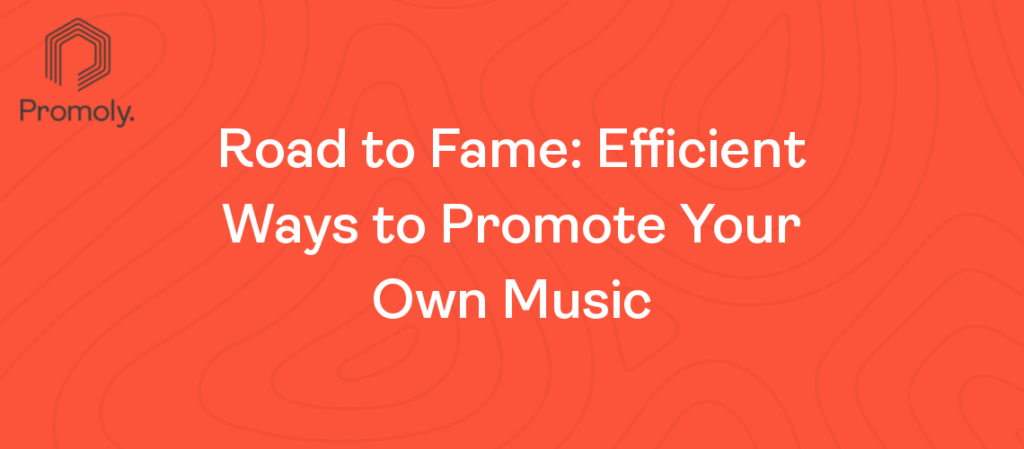In the music industry, signing with a major record label has long been seen as the ultimate goal for many aspiring artists. However, in recent years, independent artists have gained more visibility and success, raising the question of whether record labels are still necessary.
This article will explore the pros and cons of signing with a major record label and what artists should consider before making this decision.
Pros of Signing with a Major Record Label
1. Access to Resources and Equipment
One of the most significant advantages of signing with a major record label is the access to resources and equipment that they provide. Major record labels have established relationships and connections with industry professionals, such as producers, engineers, and songwriters, that can help develop an artist’s sound and style.
Additionally, record labels have the financial resources to invest in an artist’s career, including marketing, promotion, and tour support.
2. Increased Visibility and Exposure
Major record labels have the power and influence to put an artist in front of a larger audience. They have established distribution channels, such as radio stations and streaming services, that can increase an artist’s visibility and exposure.
Record labels can also secure high-profile appearances on television shows, festivals, and other events, leading to an increased fan base and revenue.
3. Professional Guidance and Support
Signing with a major record label can provide artists with professional guidance and support. Record labels have experienced executives and A&R teams that can assist with song selection, production, and creative direction. They can also provide legal and financial support, which can be crucial for artists navigating the complex music industry.
Cons of Signing with a Major Record Label
1. Loss of Creative Control
One of the most significant disadvantages of signing with a major record label is the loss of creative control. Record labels often have a specific sound or image they want to promote, and artists may be pressured to conform to these expectations.
Additionally, record labels may have the final say in selecting songs, producers, and collaborators, which can limit an artist’s creative freedom.
2. Financial and Legal Obligations
Signing with a major record label often comes with financial and legal obligations that can be overwhelming for artists. Record labels typically offer artists an advance, which must be paid back through album sales and other revenue streams.
Record labels often retain a large percentage of an artist’s royalties, which can limit their earning potential. Artists must also know the legal implications of signing a record contract, including exclusivity clauses and intellectual property ownership.
3. Lack of Long-Term Investment
Record labels are businesses, and they are primarily concerned with making a profit. This can lead to a lack of long-term investment in an artist’s career. If an artist’s first album fails, record labels may quickly drop them from their roster.
Conclusion
Signing with a major record label has pros and cons, and artists must consider these factors before deciding. While record labels can provide access to resources, increased visibility, and professional guidance, they can limit an artist’s creative control, come with financial and legal obligations, and lack long-term investment.
Ultimately, the decision to sign with a record label should be based on an artist’s goals, values, and priorities. Whether an artist signs with a major record label or pursues an independent career, success in the music industry requires talent, hard work, and perseverance.
Ready to take your music career to the next level? Let Promoly show you how to market your music like a pro. Our exclusive email marketing tool allows you to reach new fans, build your brand, and increase revenue. Sign up today for a free trial and see how we can help you grow your music career.
